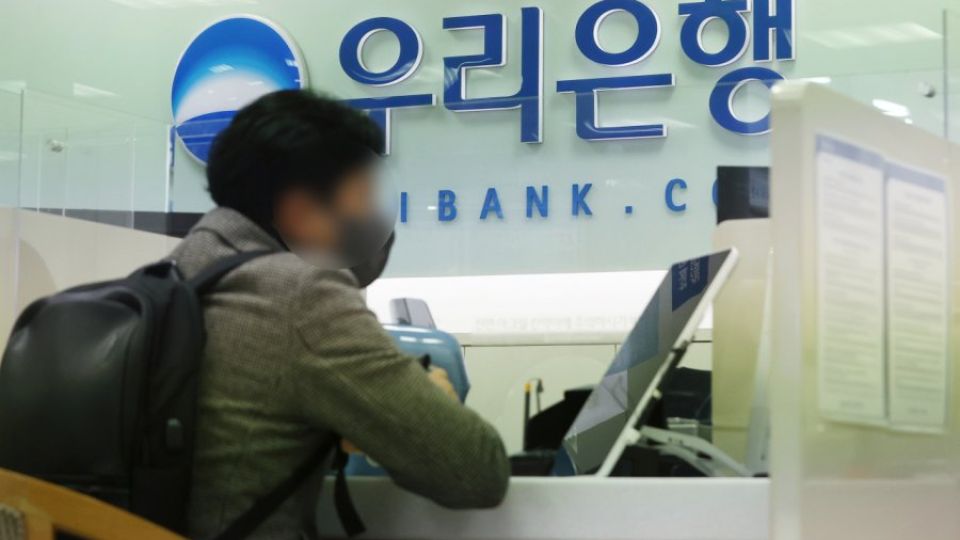January 12, 2023
SEOUL – With Woori Bank joining crosstown rivals Shinhan Bank and Hana Bank in lowering lending rates, those hoping to take out loans can breathe a little easier.
Woori Bank on Tuesday announced on its website that it is expanding its prime rates –which are applied to credit worthy loyal customers — for housing mortgage loans from Friday.
Currently, a prime rate of 0.10 percentage point per year is applied to those who use the bank’s credit cards or those using Woori Bank accounts to receive salaries and pensions.
Instead, this prime rate benefit will increase to 0.20 percentage point per year.
Adding to this, clients who log in on its WON Banking platform at least once a month can get an extra 0.1 percentage point prime rate benefit.
The limited amount of loans that borrowers can take out with the prime rates also have been expanded as well.
Woori Bank is also adjusting the extra interest rate that it receives additionally depending on the borrower’s credit rating.
These adjustments can lower the interest rate by up to 0.9 percentage point for clients who take out apartment mortgage loans, according to Woori Bank.
Woori Bank also lowered the prime rates offered to borrowers who take out loans for a lump-sum deposit that they have to pay house owners, also known as “jeonse,” a unique home rental system in Korea.
Woori Bank follows similar moves by Shinhan Bank and Hana Bank who have been lowering their lending rates since the beginning of this year.
Shinhan Bank’s highest rates for housing mortgage loans saw significant changes as it dropped further over a week to 5.93 percent a year from 6.26 percent on Jan. 4. The rate is the lowest among the four top commercial banks in Korea.
Hana Bank also on Jan. 1 lowered lending rates for some of its loans up to 0.50 percentage point.
Meanwhile, KB Kookmin Bank’s interest rate for housing mortgage loans is 5.35 to 7.05 percent a year, increasing by 0.41 percentage point from December last year.
KB Kookmin Bank, however, has been applying prime rates to all of the bank’s clients since July last year, which means that the highest interest rate for a housing mortgage loan is 6.75 percent a year.
Despite banks’ efforts to lift some burden off borrowers’ shoulders, many say the rates are still too high. The criticism deepened as banks decided to pay hefty bonuses to their employees this month.
The bonuses came after the four banks saw record-high earnings in 2022, mainly due to their high-interest rates. The combined net profit of the four banks’ holding firms from January to September last year was nearly 14 trillion won ($11.3 billion).
According to industry sources, Shinhan Bank gave out bonuses worth 361 percent of the base wage, increasing 61 percentage points from the previous year.
KB Kookmin Bank bonuses are 280 percent of base wages. Although the rate is slightly lower than last year’s 300 percent, it is also handing out an additional 3.4 million won as incentive to each employee.
Hana Bank and Woori Bank paid bonuses worth 300 percent and 200 percent of the base wage, respectively, last year. They have yet to finalize the bonuses for this year, but the amount is expected to surpass last year’s.


